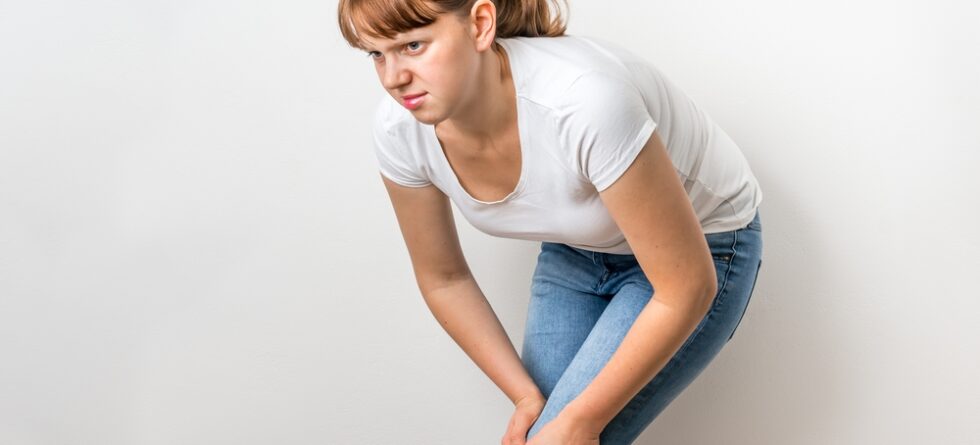Relieving constant knee pain involves a combination of self-care strategies, lifestyle modifications, and medical interventions aimed at reducing pain, inflammation, and improving knee function.
Here are some general tips for managing constant knee pain…
- Rest and Activity Modification – Give your knee time to rest and avoid activities that exacerbate pain or put excessive stress on the knee joint. Modify your daily activities and exercise routine to reduce impact and pressure on the knee, such as avoiding high-impact activities or using supportive footwear.
- Ice Therapy – Apply ice packs or cold compresses to the affected knee for 15-20 minutes several times a day to help reduce pain and inflammation. Cold therapy can also numb the area and provide temporary pain relief.
- Elevation – Elevate your leg above the level of your heart when resting to help reduce swelling and promote fluid drainage from the knee joint. Prop pillows under your leg while lying down or use a footstool to elevate your leg when sitting.
- Compression – Consider wearing a compression bandage or knee sleeve to provide support and compression to the knee joint, which can help reduce swelling and stabilize the knee during activity.
- Over-the-Counter Pain Medications – Nonsteroidal anti-inflammatory drugs (NSAIDs) such as ibuprofen (Advil, Motrin) or naproxen (Aleve) can help relieve pain and reduce inflammation in the knee. Follow the recommended dosage instructions and consult with a healthcare professional if you have any concerns or underlying medical conditions.
- Physical Therapy – Consult with a physical therapist for a personalized exercise program designed to strengthen the muscles surrounding the knee joint, improve flexibility, and address biomechanical issues that may contribute to knee pain. Physical therapy can also include manual therapy techniques, such as massage, mobilization, and stretching, to alleviate pain and improve knee function.
- Weight Management – Maintain a healthy body weight or achieve weight loss if necessary to reduce the load on the knee joint and alleviate pressure and stress. Excess body weight can exacerbate knee pain and increase the risk of knee conditions such as osteoarthritis.
- Use Assistive Devices – Consider using assistive devices such as a cane, crutches, or knee brace to offload weight from the affected knee and provide support during walking or physical activity.
- Injections – Corticosteroid injections or hyaluronic acid injections may be recommended by a healthcare professional to help reduce inflammation and alleviate pain in the knee joint, particularly for conditions such as osteoarthritis or bursitis.
- Surgery – In some cases of severe or persistent knee pain that does not respond to conservative treatments, surgical interventions such as arthroscopic surgery, knee replacement surgery, or ligament reconstruction may be necessary to address underlying structural issues and relieve pain.
It’s important to consult with a healthcare professional, such as a physician or orthopedic specialist, for an accurate diagnosis and appropriate treatment plan tailored to your specific needs and circumstances. They can help identify the underlying cause of your knee pain and recommend the most effective treatment options to help alleviate pain and improve knee function.




